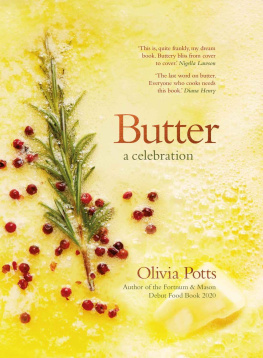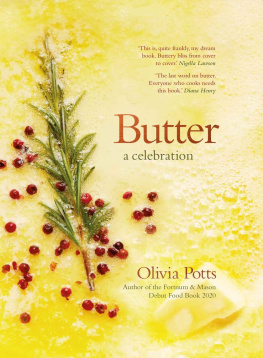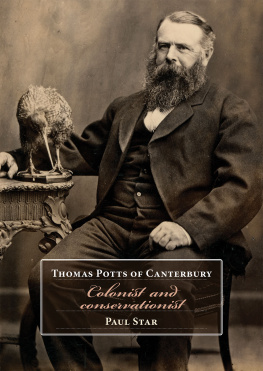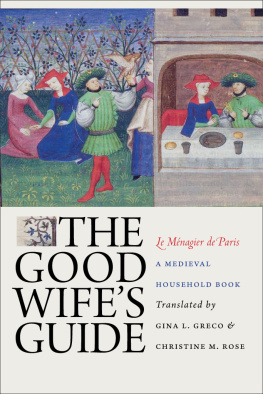The Old South
Table of Contents
Read Before the Lexington Chapter U.D.C., February 14, 1909,
By Eugenia Dunlap Potts, Historian.
Table of Contents
No pen or brush can picture life in the old Southern States in the ante-bellum days. The period comprehends two hundred and fifty years of history without a parallel. A separate and distinct civilization was there represented, the like of which can never be reproduced. Socially, intellectually, politically and religiously, she stood pre-eminent, among nations. It was the spirit of the cavalier that created and sustained our greatness. Give the Puritan his due, and still the fact remains. The impetus that led to freedom from Great Britain, came from the South. A Southern General led the ragged Continentals on to victory. Southern jurists and Southern statesmanship guided the councils of wisdom. The genius of war pervaded her people. She gave presidents, cabinet officers, commanders, tacticians and strategists. Her legislation extended the country's territory from the Atlantic to the Pacific.
A writer aptly says: "For more than fifty formative years of our history the Old South was the dominating power in the nation, as it had been in the foundation of the colonies out of which came the Republic, and later in fighting its battles of independence and in forming its policies of government. * * * Whatever of strength or symmetry the republic had acquired at home, or reputation it had achieved abroad, in those earlier crucial days of its history, was largely due to the patriotism and ability of Southern statesmanship. Why that scepter of leadership has passed from its keeping, or why the New South is no longer at the front of national leadership, is a question that might well give pause to one who recalls the brave days when the Old South sat at the head of the table and directed the affairs of the nation."
There was the manor and there was the cabin. Each head of the house was a potentate in his own domainan absolute ruler of a principality as marked as in feudal times, without the despotism of the feudal system.
The plantation of the old regime was tastefully laid out for beauty and productiveness. Flower gardens and kitchen gardens stretched away into the magnificence of orange trees, shady avenues and fruitful plants. Unbroken retreats of myrtle and laurel and tropical foliage, bantered the sun to do his worst. Flowers perfumed the air; magnolia bloom and other rich tree flora regaled the senses; extensive orchards yielded fruit of all kinds adapted to the soil and climate; vineyards were heavy with much bearing. Fields were carefully cultivated, till such a thing as the failure of crops was almost unknown. It was largely supplied with sheep and their wool, with geese, ducks, turkeys, guinea fowls, and every variety of poultry without stint. Eggs were gathered by the bushel, myriads of birds clouded the sun, and daily intoxicated their little brains with the juice of the black cherry. Herds of cattle were luxuriously pastured by Pompey and his sable mates.
There were quantities of rich cheese, fresh butter, milk and cream. Vast barns were gorged with corn, rice and hay; hives were bursting with honey; vegetables were luscious and exhaustless; melons sprinkled and dotted many acres of patches; shrimp and fish filled the waters; crawfish wriggled in the ditches; raccoons and opossums formed the theme of many a negro ditty. Carriages and horses filled the stables, and splendid mules were well-fed and curried at the barns. High up on the cypress trees hung the grey moss with which the upholsterer at yon market place replenished his furniture vans. The farm produce alone yielded six or seven thousands a year, while the plantation crops of cotton, sugar, and rice were clear profit. Rows of white cabins were the homes of the colored citizens of the community. An infirmary stood apart for the sick. The old grandams cared for the children. Up yonder at the mansion house Black Mammy held sway in the nursery; Aunt Dinah was the cook; Aunt Rachel carried the housekeeper's keys; while Jane and Ann, the mulatto ladies' maids, flitted about on duty, and Jim and Jack "'tended on young marster and de gemman." Such hospitality as was made possible by that style of living can never repeat itself in changed conditions. Grant that these conditions are improved. Grant that the lifted incubus of slavery has opened the doors for the march of intellectual and industrial progress; the fact remains that the highest order of social enjoyment, and of the exercise of the charming amenities of life, was blotted out when the old plantation of Dixie land was divided up by the spoils of war.
It is interesting to read of the first attempt at a sugar crop in Louisiana by a Frenchman named Bore in 1794. His indigo plant, once so profitable, had been attacked and destroyed by a worm, and dire poverty threatened. He conceived the project of planting sugar cane. The great question was would the syrup granulate; and hundreds gathered to watch the experiment. It did granulate, and the first product sold for twelve thousand dollarsa large sum at that time.
The maker of the cotton gin worked another revolution in commerce, and rice proved to be an unfailing staple. Armies of negroes tilled the soil, and were happy in their circumscribed sphere, humanely cared for by the whites.
Enter the home and lo! a palace greets you. Massive mahogany furniture, now, alas! in scattered remnants, meets the eye at every turn. Treasures and elegant trifles of many lands attest the artistic taste of the owners. Gorgeous china, plate and glass are there in everyday use. Fruits of the loom in rarest silk and linen, embellish the chambers and luxury sits enthroned. The chatelaine, gracious and cultured, is to the manner born: and from season to season she fills her house with congenial people who are invited to come, but not, as with present house parties, told when to go. As long as they found it comfortable and convenient the latchstring was out. A guest was never permitted to pay for anything; expressage, laundry and all incidentals were as free as air. The question of money, nowadays impertinently thrust forth, was never hinted at in the olden time. It was considered bad form, and the luckless boaster of "how poor he was" would have been properly stared at as a boor as well as a bore.
For pastimes men had fishing and hunting, and for women there were lawn games and indoor diversions. Speaking of the women of the South a writer aptly said: "They dwell in a land goodly and pleasant to the eye; a land of fine resources, both agricultural and mineral; where may be found fertile cotton fields, vast rice tracts, large sugar plantations, bright skies and balmy breezes. The whole land is plowed by mighty rivers, is ribbed by long mountain chains, and washed by the sea."
Fitting environment, we add, for the gorgeous residences, notably in Georgia and South Carolina, built by the nobility and gentry of the republic, and inherited by the descendants of the old colonial aristocracy. What wonder, that they held themselves aloof from the manual laborer, black or white, and that they were uncontaminated by the attrition of commercial competition. In the summer the family sought the cooler climate of old Kentucky or Virginia, or farther north to Saratoga, Long Branch, or some one of the then attractive resorts. They travelled in state, frequently bringing the family coach, and never without a retinue of servants. What a sensation they made! And money flowed like water. The young men, rich and idle, paid court to pretty girls, sure of a welcome from both parents and daughters, for to marry a Southern planter was to achieve a social victory for all time to come. The mechanical and athletic age had not yet dawned. The accepted escort must be a professional man, or else lord of a domain such as I have described. Pride and prejudice blinded judgment, and the aristocracy of merit alone was unappreciated.











